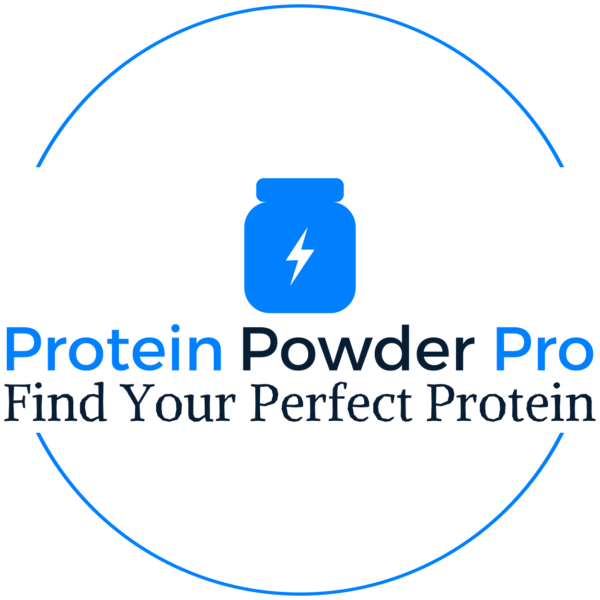Introduction to Protein Powders in Sports Nutrition
Protein powders 2025 are a staple in the dietary regimens of athletes and fitness enthusiasts due to their convenience and effectiveness in supporting muscle growth and recovery. These supplements are derived from various sources, including whey, casein, soy, pea, and rice, offering a range of amino acid profiles and digestion rates to suit different dietary needs and goals.
Understanding Muscle Growth (Hypertrophy)
Muscle growth, or hypertrophy, occurs when muscle fibers undergo damage through strenuous activity, like lifting weights, and then repair themselves to become larger and stronger. This process is fueled by a combination of mechanical tension, muscle damage, and metabolic stress. Adequate protein intake is critical in this process, as it supplies the necessary amino acids that serve as building blocks for new muscle tissue.
The Role of Protein Powders
1. High-Quality Protein Source
Protein powders provide a concentrated source of high-quality protein, which is essential for the repair and growth of muscle tissues. For example, whey protein is particularly valued for its high biological value and rapid absorption, making it ideal for post-workout recovery.
2. Rich in Essential Amino Acids
Many protein powders are rich in essential amino acids, especially leucine, which plays a pivotal role in the initiation of protein synthesis. This process is critical in building muscle mass, and leucine acts as a key trigger for this biological pathway.
3. Convenience and Versatility
Protein powders offer a convenient way to meet daily protein requirements, especially for athletes with high demands. They can be easily incorporated into shakes, smoothies, and other recipes to boost protein intake without significant preparation time.
The Impact of Protein Quality and Timing
1. Absorption Rates
Different types of protein are absorbed at different rates. For instance, whey protein is rapidly absorbed, making it ideal for post-workout consumption. In contrast, casein is digested slowly, providing a steady supply of amino acids over several hours, making it excellent before bedtime.
2. Protein Timing
The timing of protein intake is crucial in maximizing muscle protein synthesis. Consuming protein shortly after exercise can significantly enhance recovery and growth due to increased blood flow to the muscles, which improves amino acid delivery.
3. Total Daily Protein Intake
While timing is important, total daily protein intake is even more crucial for muscle growth. Research suggests that athletes should consume between 1.6 to 2.2 grams of protein per kilogram of body weight per day, depending on the intensity and frequency of training.
Comparing Different Types of Protein Powders
1. Whey Protein
- Pros: Fast absorption, high in leucine, supports quick recovery.
- Cons: Potential allergen (dairy).
2. Casein Protein
- Pros: Slow digestion, anti-catabolic properties, ideal for overnight recovery.
- Cons: Slower absorption may not be ideal immediately post-workout.
3. Plant-Based Proteins (Pea, Rice, Hemp)
- Pros: Suitable for vegans, hypoallergenic, and often enriched with other nutrients.
- Cons: May have a lower biological value unless combined to improve amino acid profile.
Practical Tips for Using Protein Powders
- Choose the Right Type: Based on your dietary restrictions, allergies, and personal preferences, choose a protein powder that fits into your lifestyle and nutritional needs.
- Mixing with Foods: Combine protein powders with other ingredients like fruits, oats, and nut butters to make smoothies that are not only protein-rich but also provide other essential nutrients and calories needed for muscle growth.
- Consistency and Patience: Muscle growth is a gradual process that requires consistent effort and nutritional support. Regular consumption of protein powders, as part of a balanced diet, can significantly aid this process.
Conclusion
Protein powders are a highly effective supplement for athletes aiming to increase muscle mass and improve recovery. By understanding the types of protein, their absorption rates, and the best times to consume them, athletes can make informed choices that align with their fitness goals and dietary needs.
This overview just scratches the surface, but will delve deeper into any section or add more details on related topics like specific amino acids, blending proteins for optimal results, or case studies on athlete nutrition. Until then, check out our exclusive protein powder reviews for athletes.





